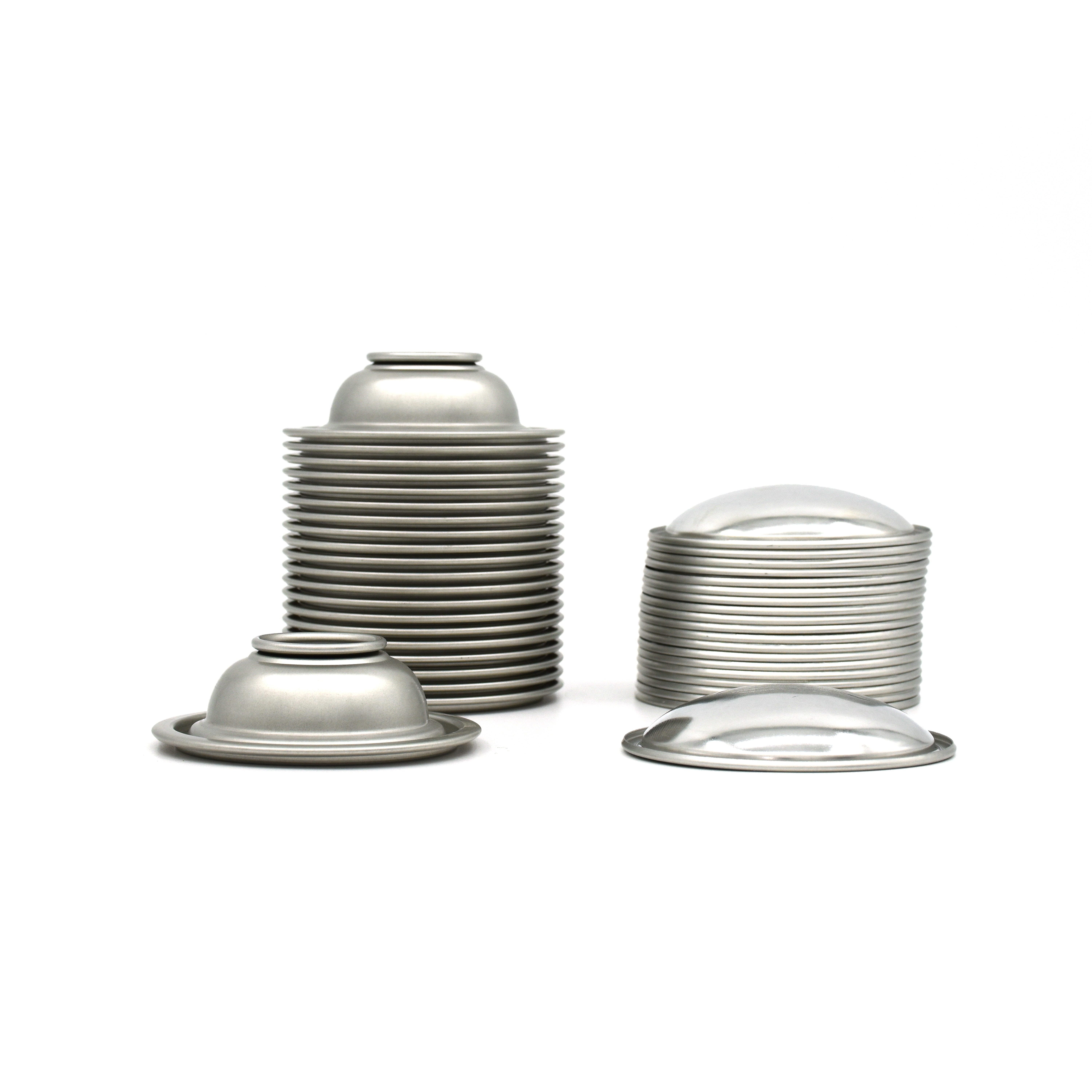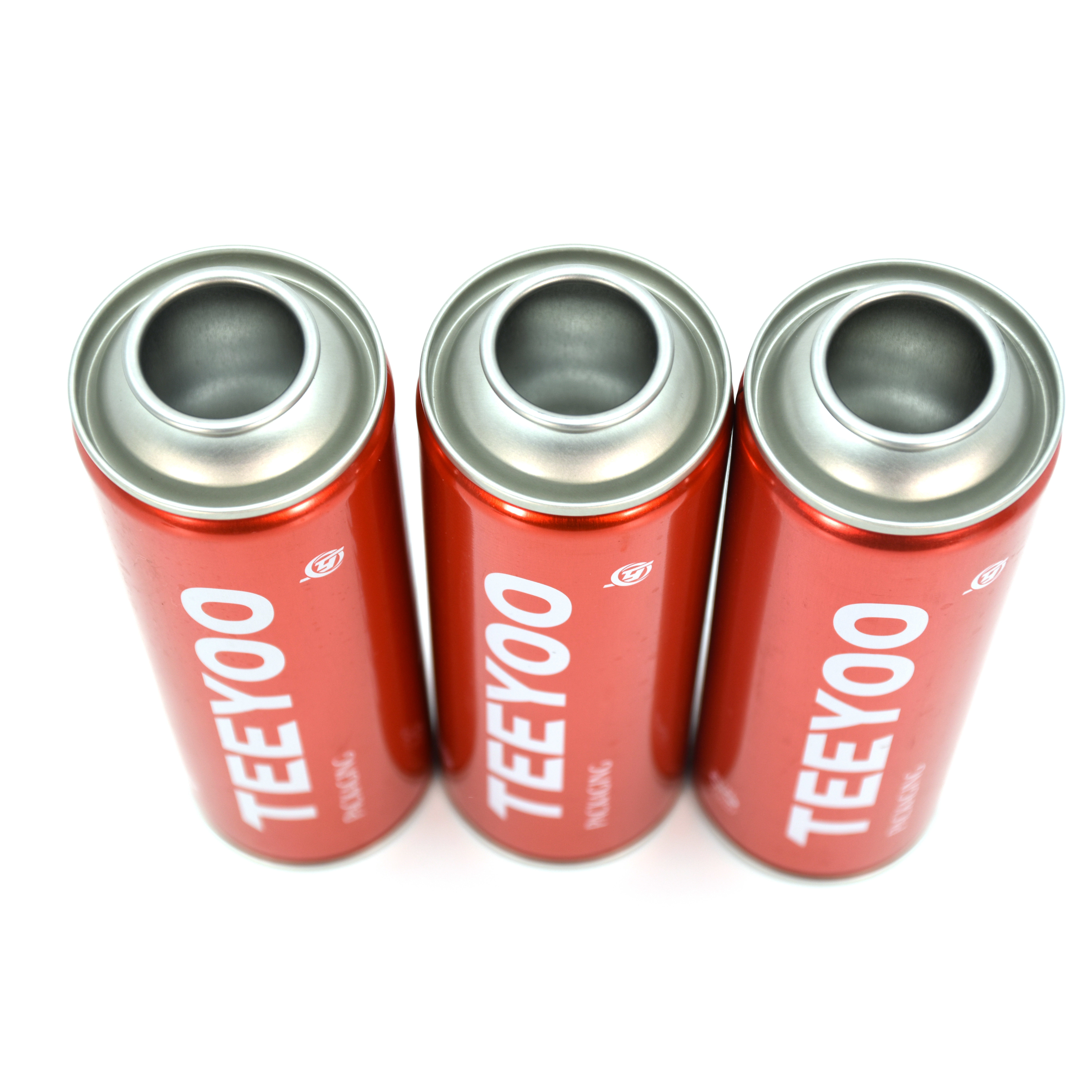Understanding Empty Metal Cans: Versatility and Sustainability in Packaging
Jun 26,2025
Empty metal cans, classified under the code 95059090, play a crucial role in the packaging industry, specifically within the realm of metal packaging containers. These containers are not only versatile but also environmentally friendly, making them a preferred choice in various applications, including food and beverage packaging, industrial products, and even consumer goods.
One of the primary advantages of using metal cans is their durability. Made from materials such as aluminum or steel, these cans provide excellent protection against external elements, including moisture, light, and oxygen. As a result, they help prolong the shelf life of the contents, ensuring that products remain fresh and uncontaminated. This is particularly important in the food and beverage industry, where quality is paramount.
Another key attribute of empty metal cans is their recyclability. Metal is one of the most recycled materials globally, and the recycling process for metal cans is efficient and energy-saving. When consumers choose products packaged in metal, they are often contributing to a circular economy where materials are reused, thereby reducing waste and minimizing the environmental footprint. This aligns with growing sustainability trends, encouraging manufacturers and consumers alike to invest in eco-friendly packaging solutions.
Moreover, empty metal cans are lightweight compared to other packaging materials, making transportation more efficient. This attribute not only reduces shipping costs but also lowers carbon emissions associated with logistics. By optimizing the supply chain, businesses can achieve greater sustainability while maintaining economic viability.
The market for metal packaging is steadily evolving, with innovations emerging in can design and functionality. For instance, advancements in can manufacturing technology have led to the development of easier-to-open lids and more convenient designs for consumers. These improvements enhance user experience while also adhering to safety standards.
In summary, empty metal cans classified under 95059090 are a vital component of the packaging industry, thanks to their durability, recyclability, and lightweight nature. As businesses and consumers continue to prioritize sustainable practices, the demand for metal packaging is likely to increase. Understanding the benefits of empty metal cans can help stakeholders make informed decisions that align with environmental goals, ultimately contributing to a more sustainable future in packaging solutions.
One of the primary advantages of using metal cans is their durability. Made from materials such as aluminum or steel, these cans provide excellent protection against external elements, including moisture, light, and oxygen. As a result, they help prolong the shelf life of the contents, ensuring that products remain fresh and uncontaminated. This is particularly important in the food and beverage industry, where quality is paramount.
Another key attribute of empty metal cans is their recyclability. Metal is one of the most recycled materials globally, and the recycling process for metal cans is efficient and energy-saving. When consumers choose products packaged in metal, they are often contributing to a circular economy where materials are reused, thereby reducing waste and minimizing the environmental footprint. This aligns with growing sustainability trends, encouraging manufacturers and consumers alike to invest in eco-friendly packaging solutions.
Moreover, empty metal cans are lightweight compared to other packaging materials, making transportation more efficient. This attribute not only reduces shipping costs but also lowers carbon emissions associated with logistics. By optimizing the supply chain, businesses can achieve greater sustainability while maintaining economic viability.
The market for metal packaging is steadily evolving, with innovations emerging in can design and functionality. For instance, advancements in can manufacturing technology have led to the development of easier-to-open lids and more convenient designs for consumers. These improvements enhance user experience while also adhering to safety standards.
In summary, empty metal cans classified under 95059090 are a vital component of the packaging industry, thanks to their durability, recyclability, and lightweight nature. As businesses and consumers continue to prioritize sustainable practices, the demand for metal packaging is likely to increase. Understanding the benefits of empty metal cans can help stakeholders make informed decisions that align with environmental goals, ultimately contributing to a more sustainable future in packaging solutions.
PREVIOUS:










